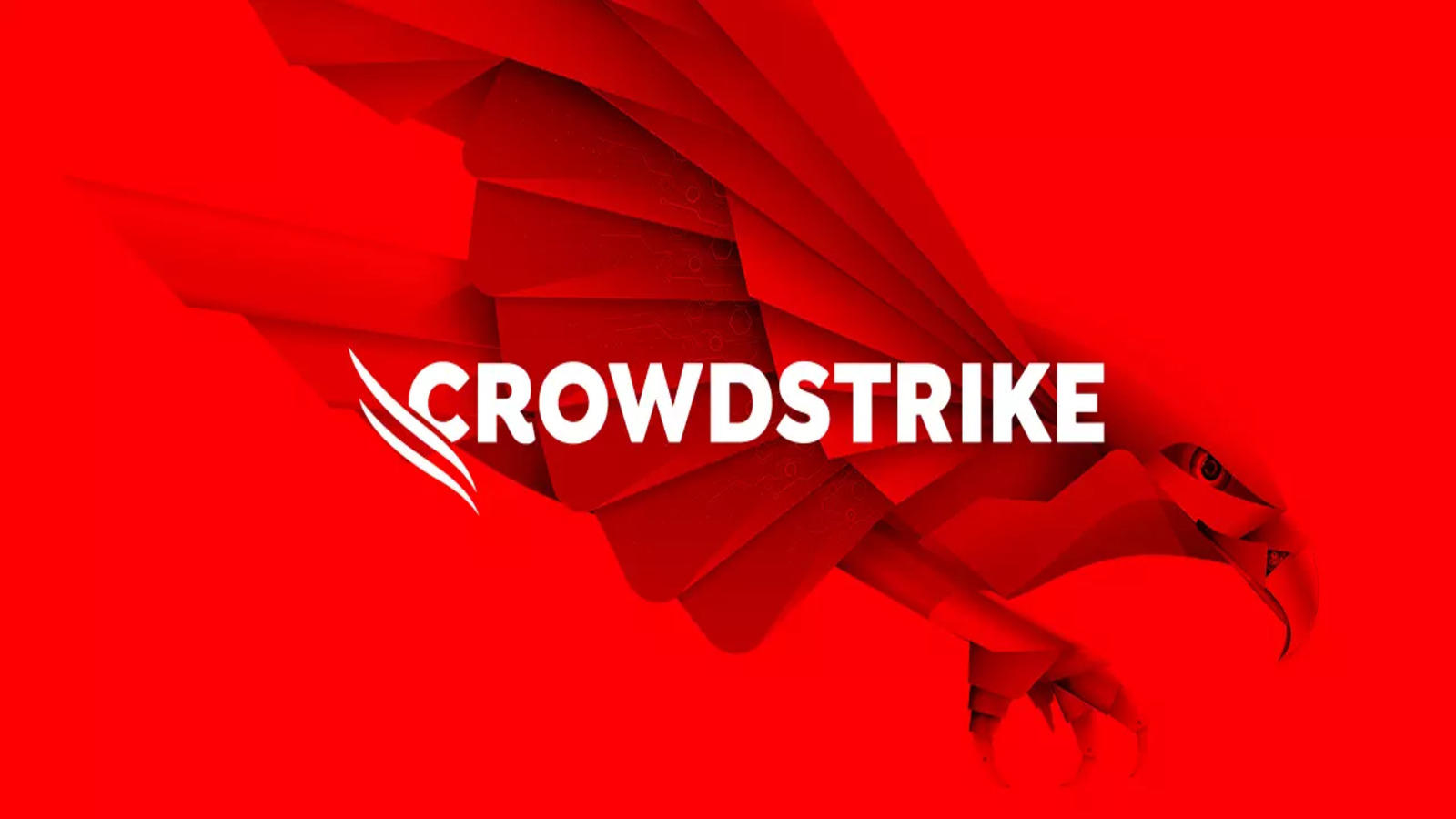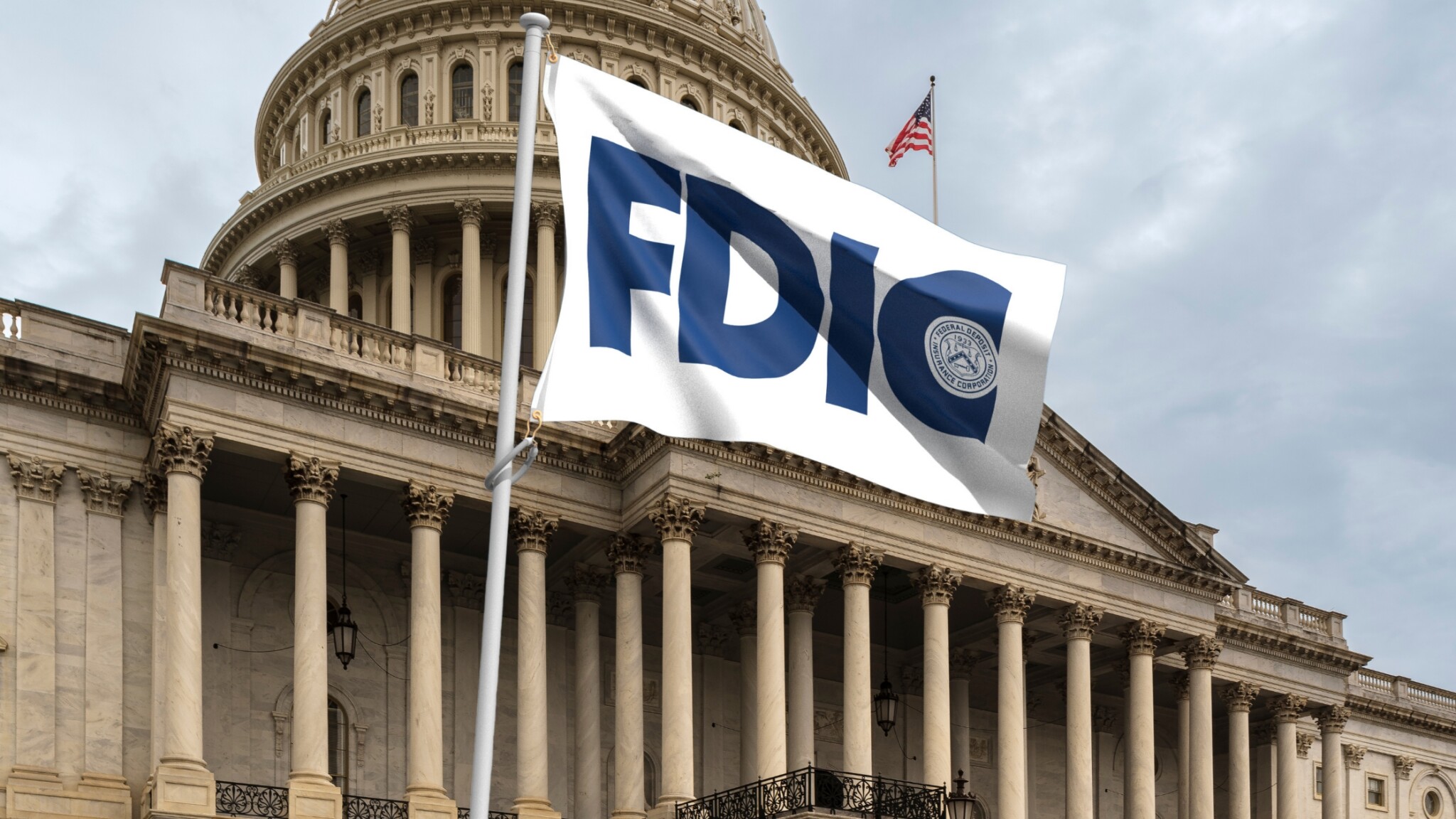Last Friday’s global tech outage caused by a faulty software update at CrowdStrike, a cybersecurity firm headquartered in Austin, TX, highlighted the risks of the banking industry’s reliance on third-party providers. The outage disrupted several financial institutions’ online functionalities, exposing vulnerabilities and prompting calls for tighter regulatory oversight.
Rocio Fabbro covered the technological upheaval for MSN.
Global Banking Disruptions: Visa, Chase, Schwab & More Affected by Software Glitch
The outage affected computers running Windows software worldwide. Financial institutions like Visa, JPMorgan Chase, Charles Schwab, Bank of America, TD Bank, and Zelle experienced login and payment issues. Charles Schwab and TD Bank acknowledged intermittent slowdowns and urged customers to use branches or ATMs. Citigroup reported no significant disruptions.
CrowdStrike Outage a Wake-Up Call to Banks: Experts Warn of Third-Party Tech Risks
The incident was less severe for the banking sector compared with media and airlines, but it nonetheless underscored systemic risks.
“Financial institutions’ dependencies on third parties have grown… but they can also bring systemic risks,” said Monsur Hussain of Fitch Ratings.
Chris Stanley of Moody’s highlighted the interconnected nature of modern risks, emphasizing the need for comprehensive security and strategic insights.
Regulatory Focus on Third-Party Risk Management in Banking
The Financial Stability Board (FSB) had already issued guidelines to improve risk management with third-party providers. This outage is likely to intensify regulatory scrutiny and push banks to strengthen safeguards against future disruptions.
Market Reaction to the CrowdStrike Outage
Bank stocks remained stable, but CrowdStrike’s shares fell by nine percent. The incident highlights the need for robust risk management in an interconnected technological landscape.
Visit the original MSN coverage to learn more about the CrowdStrike disruption.



















